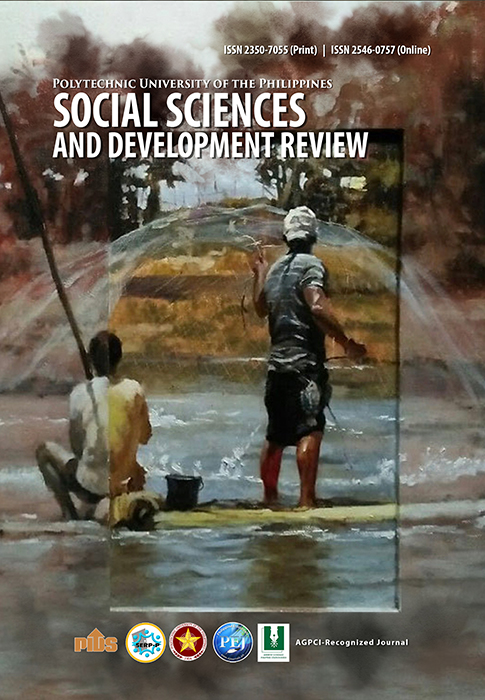Gen Z Attitude and Its Factors towards Social Media Advertisements
DOI:
https://doi.org/10.70922/9p15k474Keywords:
Gen Z, social media attitude, perceived usefulness, reliability, word-of-mouthAbstract
With the radical growth of technology and the Internet of Things, social media sites rose as an essential tool in promoting products and services. The intergenerational cohorts are also rapidly growing in the e-business limelight. Various studies targeted millennial consumers and less on Gen Z. Thus, this paper will determine the factors influencing Gen Z’s attitude towards social media advertisement. The study is descriptive-causal, and to determine the 297 respondents as samples, the stratified sampling technique was used. The findings revealed that perceived usefulness and reliability have a positive effect on Gen Z’s attitude towards social media ads. Word-of-mouth is found to be an insignificant factor. Marketers should consider these results to receive a favorable response in online advertisements.
Downloads
References
Downloads
Published
Issue
Section
License
Copyright (c) 2024 Mecmack A. Nartea (Author)

This work is licensed under a Creative Commons Attribution-NonCommercial 4.0 International License.
Articles published in the SOCIAL SCIENCES AND DEVELOPMENT REVIEW will be Open-Access articles distributed under the terms and conditions of the Creative Commons Attribution-Noncommercial 4.0 International (CC BY-NC 4.0). This allows for immediate free access to the work and permits any user to read, download, copy, distribute, print, search, or link to the full texts of articles, crawl them for indexing, pass them as data to software, or use them for any other lawful purpose.


